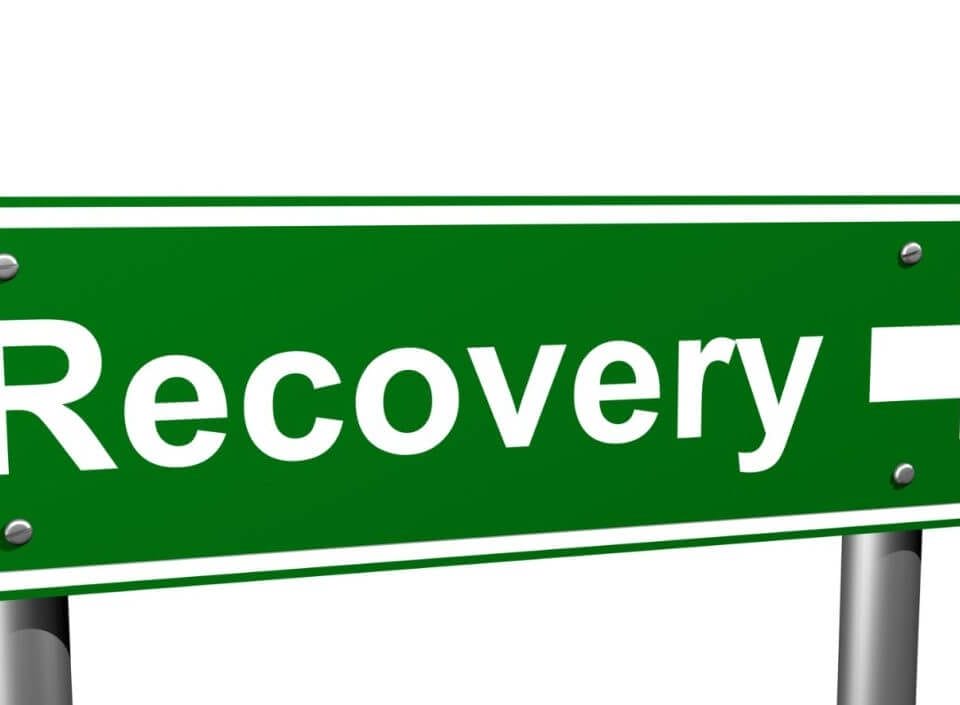
5 Steps to a Killer Business Strategy
importance of a business strategy
Strategy without tactics is the slowest route to victory. Tactics without strategy is the noise before defeat.
Sun Tzu (544 BC - 496 BC), Chinese Military Commander and Author
5 Steps to a Killer Business Strategy
Imagine for a moment ... you jump in the car for a family vacation for spring break. Your luggage is packed. And you just started driving. You asked your parents where you're going -- but they just said we're driving. One mile at a time. You stop for lunch, dinner, and keep driving. Find a hotel along the drive and spend the night. Then keep driving .... and so on. No one knows where you're going.
The challenge is that most businesses I've worked for ... and I imagine some or maybe all of those you have worked for are like this. They just keep driving. Doing the same thing day in and day out. With no clear destination in mind. We're just going that way.
Those businesses who have a clear end goal, a clear path / strategy, can focus their efforts on the right things, and maximize their talent and resources to grow. But first lets define a few key pieces ....
What is the End Goal of a Business Strategy?
In our Spring Break example above, the end goal was described as non-existent -- but what if now we said we were going to Disney World.
Many businesses call this the vision -- others may call it the end goal. But in short, it is the place you want to be some number of years out -- if you're a more mature business maybe its 5 years or so, in a newer business maybe its 2-3 years out or a startup, maybe its 1 year out. What does your business look like?
This often is not a quick decision, but more of a strategic decision where you spend time looking at the a multitude of factors from what your business does well (and why your customers buy your product(s)), where is the marketplace heading, what are your competitors doing, political or government influences, trends, etc. Think detailed SWAT analysis.
What opportunities should you consider, and finally -- resources it will require, ease of doing this, and risk of failure.
You'll end up with a prioritized list of opportunities ... this can be a starting point. To create the prioritized list you can use something similar to a FMEA that allows you to set categories and prioritize features. Poke holes in it. You can and may need to shift your vision as new details come to light over time -- but it must be realistic and do-able from the start.
Can you clearly explain this to someone why this is your vision -- why it matters -- AND most importantly, how will you know if you're there. You must be able to measure you have achieved it.
What is a Business Strategy?
A strategy is the path or journey to the vision. In the example above, if we knew that we were driving to Disney World (the end goal), then all of us could plan accordingly to be sure we get there.
- The route we would take, ensuring all roads are open.
- The most efficient way to get there -- using the least amount of gas, restaurants, and hotels.
- We'd know what to pack in our suitcases - clothes for warmer weather (and forget the cold weather clothes)
- Research what to do at Disney World in advance to make the most out of the trip.
- Any interesting stops along the drive we would want to see?
- Should we bring friends?
In business, the strategy is path -- the things we need to do to achieve our end goal. It could be to add resources, create a new product, expand into a new market, add more features to upsell to existing customers, etc.
Lets roll this all together ....
The 5 Steps to A Killer Business Strategy
- Ensure you have a realistic, viable vision. This may be a financial target which is easiest to measure (EG we'll be at $20MM in revenue and 5MM EBITDA), market-based (we'll grow from 5% to 15% market ownership for our product lines), business based (we'll be the top #1 or #2 in the market), etc.
By the way, when I was at GE, we used the last one -- they would divest of businesses that could not achieve or maintain #1 or #2 in their market. It is critical that this vision is realistically achievable with hard work -- and it is measurable. You must know if you are there and heading there. - Research understand your market, competitors, growth drivers, customer needs, opportunities. This is real research, when I last led an initiative like this we divided up into teams with different research areas and spent almost two months (in addition to our day-jobs) focused on looking at different areas, opportunities, competitors, etc. We met weekly to share what we learned, and to get feedback from others. And understand where you are today -- what is the foundation you are starting with?
- Create the strategic path. To do this, take the recommendations from your research, prioritize them -- these are the major things you must do or achieve to hit your vision from where you are today -- its like filling in the gap between the foundation (where you are today) and the end-goal vision.
Then break these down into smaller milestones ... with timing, expected cost, resources, owners, etc. ... this becomes your path. Are you appropriately funded for this or do you need to re-assess your budget? Do you have the right resources in place or do you need more. Does any of this assessment make you want to change anything? - Validate the strategy with team members and ensure this is possible. What will you deprioritize from the business from the current way of doing business? How will this impact things? Do you have the right team members to help you achieve your strategy? Is the timeline realistic -- often times, timelines will not be sufficiently conservative and can't be achieved. Make sure yours is realistic. Communicate this to your team to ensure they are all aligned and understand the path to growth and success.
- Measure, assess, and re-evaluate. Measuring progress is critical to achieving your strategy. If you fall behind early on, you will have a difficult time making it back up.. to this end, and especially early on, measure progress weekly.
Shift vision / strategy as needed to accommodate changes in the market and new things learned. And as challenges come up, solve them or if they are large enough issues, then do you need to reassess your strategy?
The positive impact of this approach goes farther than just checking the boxes to have a clear viable strategy -- your teams will be more focused and aligned as well. Check out our article, is business strategy important?.
Does your business have a real measurable business strategy and vision?
Focusing solely on what you can potentially do better than any other organization is the only path to greatness.
Jim Collins:
American researcher, author, speaker and consultant focused
on the subject of business management and company sustainability and growth









